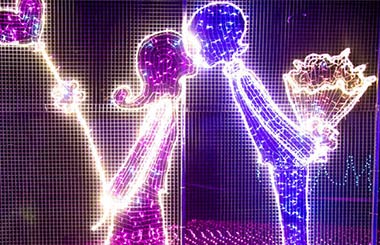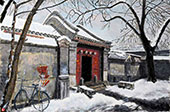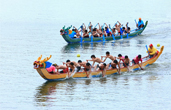Skulduggery
By Wang Kaihao ( China Daily ) Updated: 2016-08-17 07:43:11
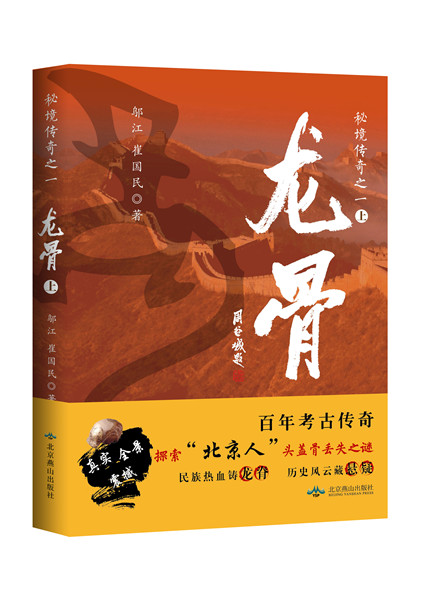 |
Other than exploring the Peking Man's line, the novel also provides a general background of developments in Chinese archaeology since 1900.
"The book also tells the public about how the archaeology works," Xu Guangji, a researcher from the archaeological institute of the think tank Chinese Academy of Social Sciences, says.
Some stereotypes against foreign scientists working in old China like Andersson as well as the KMT "were corrected this time", says Xu.
"Their endeavor to protect the relics should also be remembered," he adds.
Nevertheless, critics have issues with the book.
Li Qiao, a Beijing-based cultural critic, says: "Too many professional details can distract the reader as is the case often in it.
"How to mix fictional storytelling with historical facts still remains a task for Chinese novels of this type."
But Dragon Bones at least explores a new field for more similar works to come, he says.
Contact the writer at wangkaihao@chinadaily.com.cn
|
|
|
|
|
|
|
|


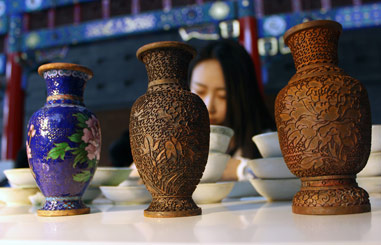
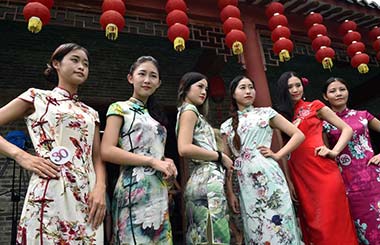
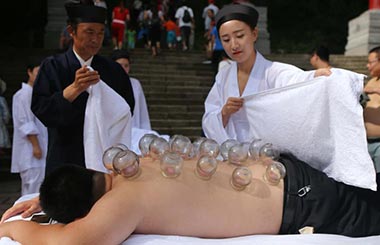

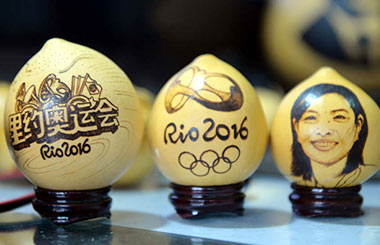







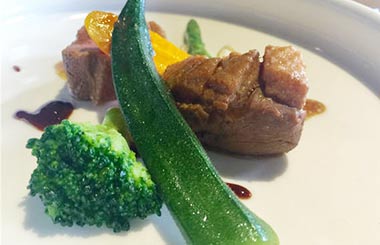





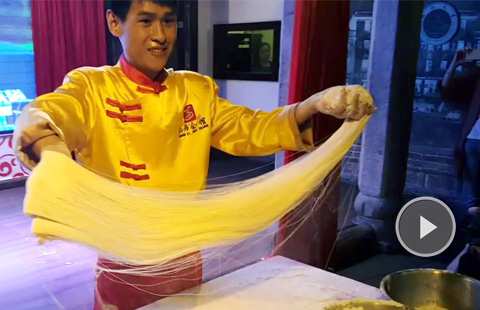


 Raymond Zhou:
Raymond Zhou: Pauline D Loh:
Pauline D Loh: Hot Pot
Hot Pot Eco China
Eco China China Dream
China Dream China Face
China Face




